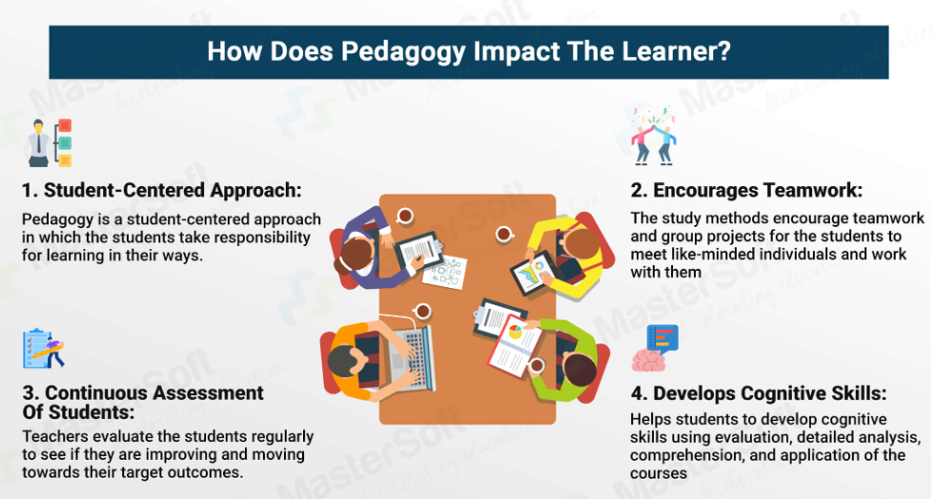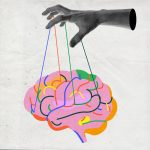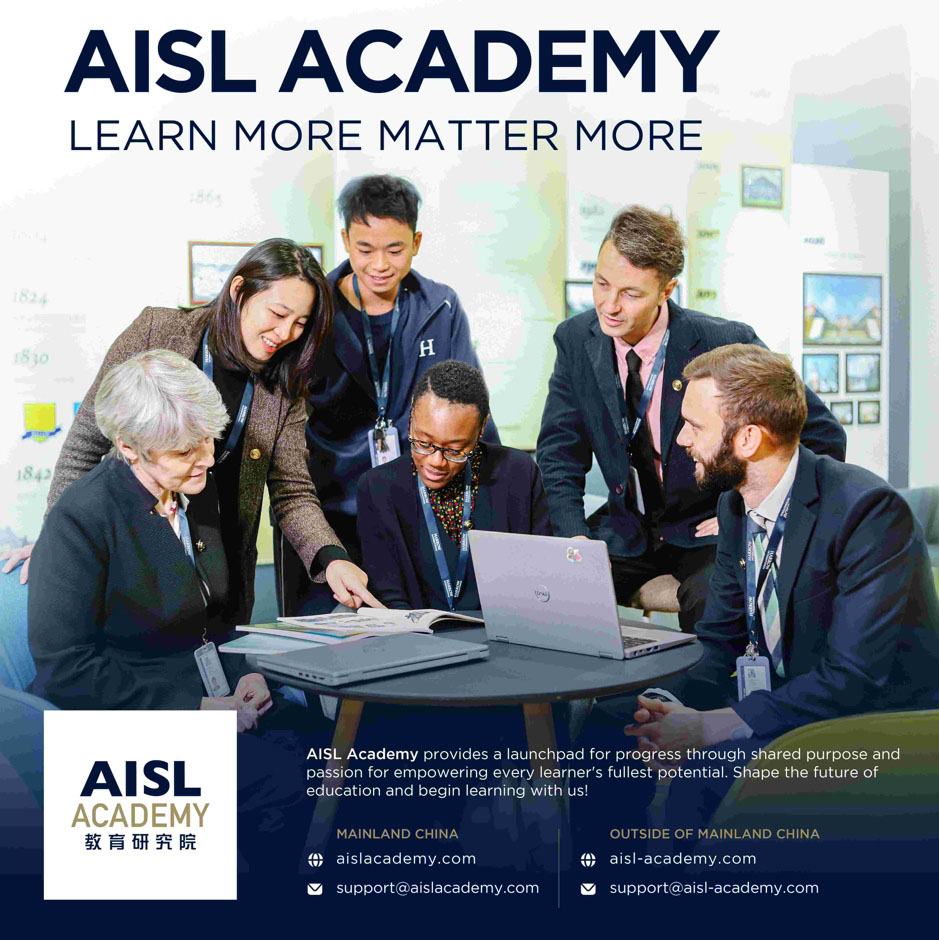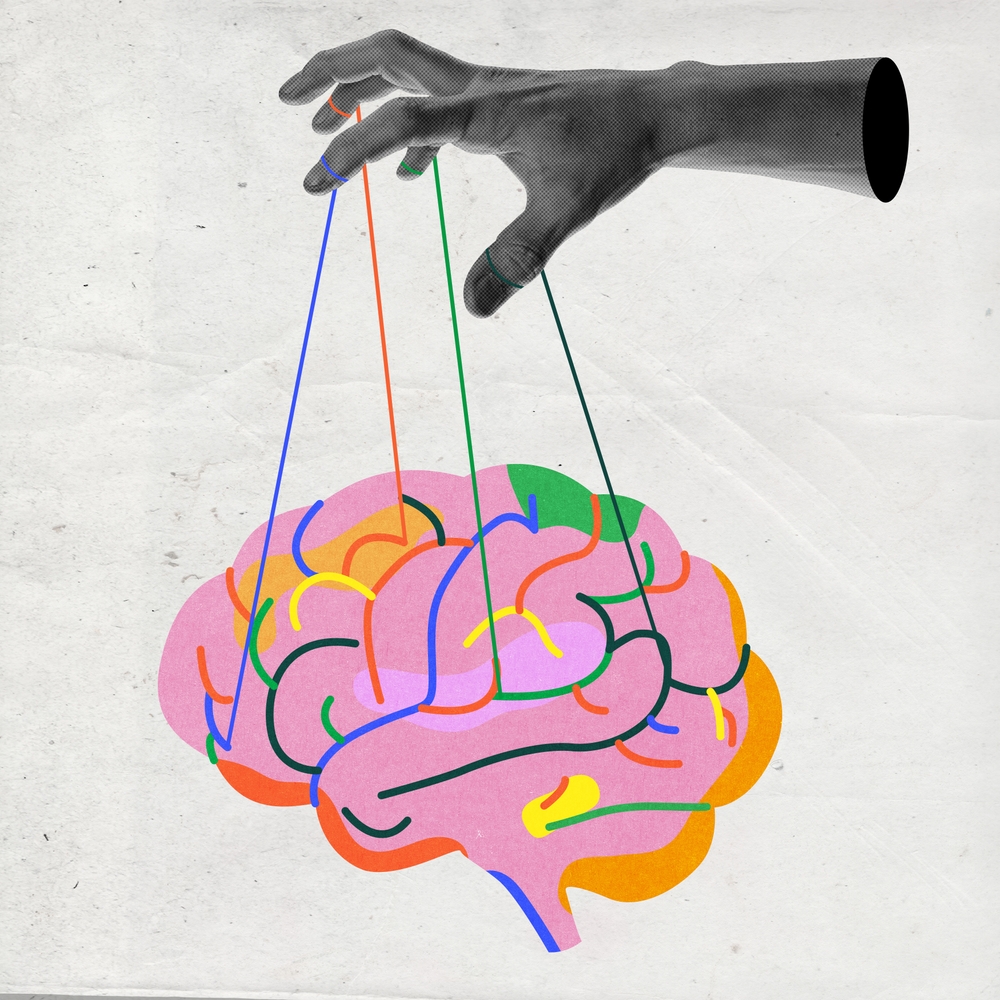Throughout history there have been many theories that have helped shape these pedagogical strategies for teaching and learning. From inquiry-based learning and project-based learning to student-led classroom or teacher-led, there are many ways to engage students in learning.
Effective pedagogical strategies for teaching are crucial components of a successful classroom environment, impacting student learning outcomes, engagement, and overall academic achievement. Pedagogy involves the science and practice of teaching. The pedagogical approaches a teacher uses shapes the learning of their students.
This is important for:
Student Engagement:
- Active learning strategies such as group discussions, hands-on activities, and interactive lectures keep students engaged and interested in the subject matter.
- Employing diverse teaching methods cater to diverse learning styles, ensuring all students have opportunities to participate and learn effectively.
Understanding and Retention:
- Effective pedagogy promotes deeper understanding and retention of concepts through techniques like scaffolding, where complex ideas are broken down into smaller, manageable components.
- Utilising visual aids, real-life examples, and analogies help students grasp abstract concepts and make connections to prior knowledge.
Critical Thinking and Problem-Solving Skills:
- Encouraging inquiry-based learning and problem-solving activities fosters critical thinking skills.
- Providing opportunities for students to analyse, evaluate, and synthesize information promotes higher order thinking skills essential for success in academia and beyond.
Personalised Learning:
- Differentiated instruction allows teachers to tailor their approach to meet the individual needs and abilities of each student.
- Assessment for learning strategies, such as formative assessments and peer feedback, help teachers identify areas where students require additional support or challenge.
By implementing effective teaching strategies and pedagogy are essential for creating a dynamic, engaging, and inclusive classroom environment that promotes student learning, critical thinking, and personal growth. Through the utilisation of diverse pedagogical strategies for teaching and learning, teachers can cater to the individual needs and strengths of their students, fostering a love for learning and preparing them for success in an ever-changing world.

Here are some examples of pedagogical strategies:
Constructivist teaching strategies help students understand the meaning of their learning materials, instead of just passively ingesting content. Rather than focusing on the subject or lesson being taught, educators are encouraged to focus on how the student learns.
KWL(H) Charts are a great way to get an overview of student progress throughout the term. After finishing a unit or series of lessons, have learners fill out a chart with the following fields: What we know, What we want to know, What we have learned, How we know it.
Inquiry-based learning encourages students to ask questions and complete research while learning various concepts. The pedagogy focuses on helping learners acquire the skills necessary to develop their own ideas, as well as question themselves and group members in a constructive way. The four steps of inquiry-based learning are:
- Developing problem statements that require students to pitch their question using a constructed response, further inquiry and citation.
- Researching the topic using time in class where the instructor can guide students in their learnings.
- Presenting what they’ve learned to their peers or to a small group
- Asking students to reflect on what worked about the process and what didn’t. Students focus on how they learned in addition to what they learned, to activate metacognition skills (or thinking about thinking).
One way to incorporate inquiry-based learning in your classroom is through oral history projects. Ask students to research the personal histories of an individual of their choice, conduct interviews with the person (if possible) and create a presentation that includes artifacts, a feature article, a personal memoir, and a photograph.
Pedagogies are constantly evolving. You can develop your own, inspired by common ones and modified for 21st-century learning. A pedagogy must fit your audience and focus on helping students develop an understanding of the material beyond basic memorisation and surface knowledge. Students should be able to relate concepts back to the real world, and even their own lives.
A very good resource available is The Mangahigh subscription, which will allow full schools or full grade levels to take up year-long or multi-year access to the games-based platform for math. Your students will receive their login credentials and can get started on learning and practising math on Mangahigh. Complimentary services include dashboard access to the mathematics teachers, teacher training on the games-based teaching and learning platform and access to download certificates of appreciation for students
Another recommended resource is BSD Education, which equips educators with the necessary tools to teach technology in their schools or classrooms, even without prior coding experience. Their curriculum is designed to develop students’ practical skills and knowledge in cutting-edge technologies and disciplines, including Artificial Intelligence (AI), Data Science, App Development, Game Development, Web Development, Entrepreneurship, and Web3.









